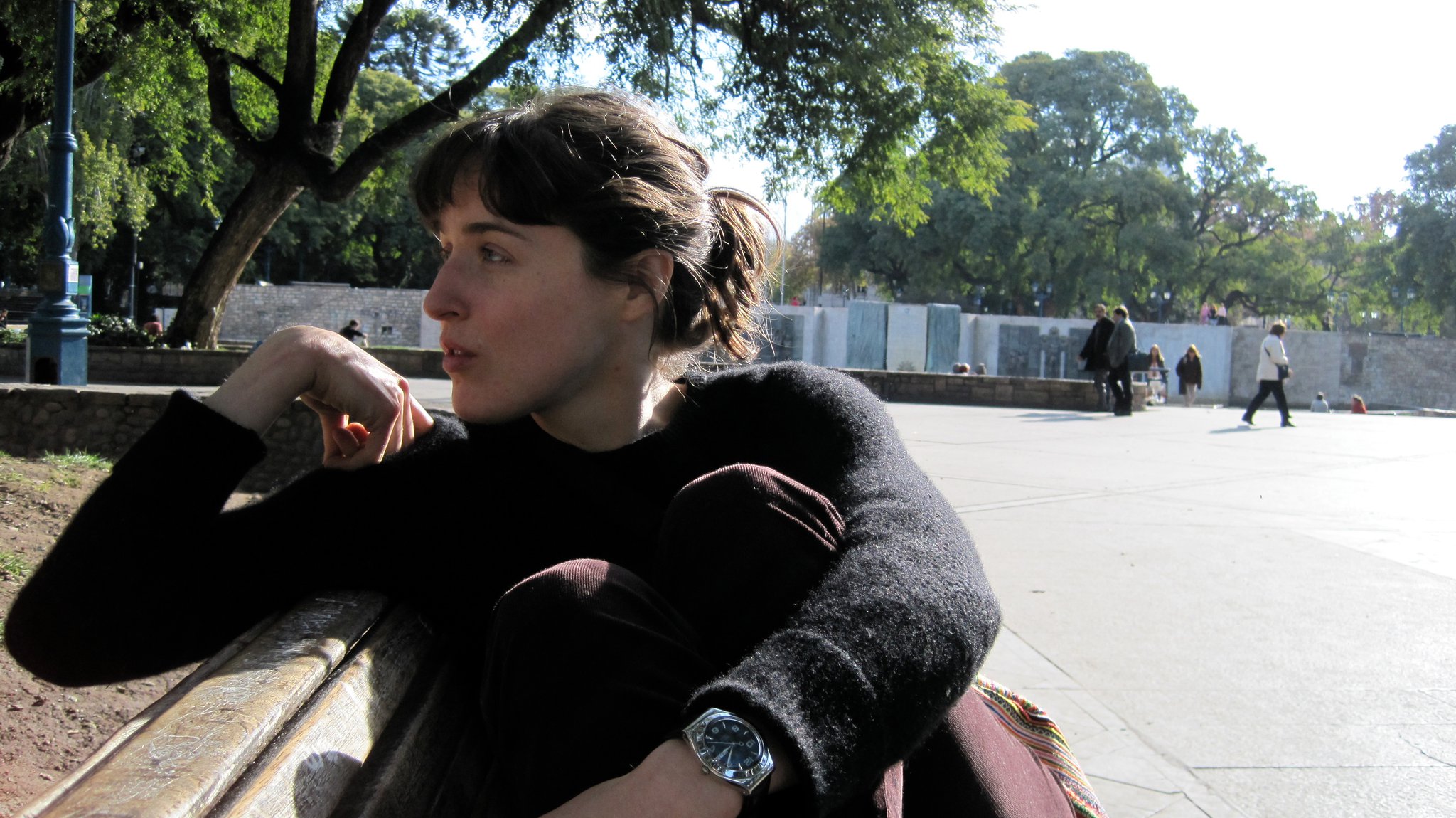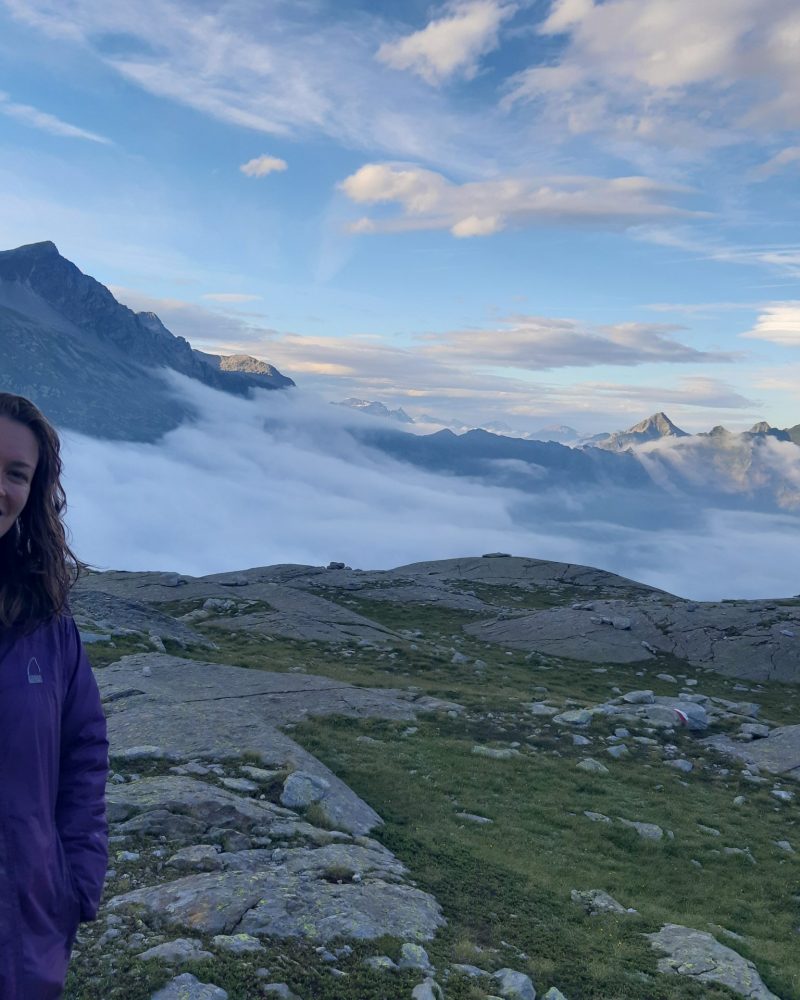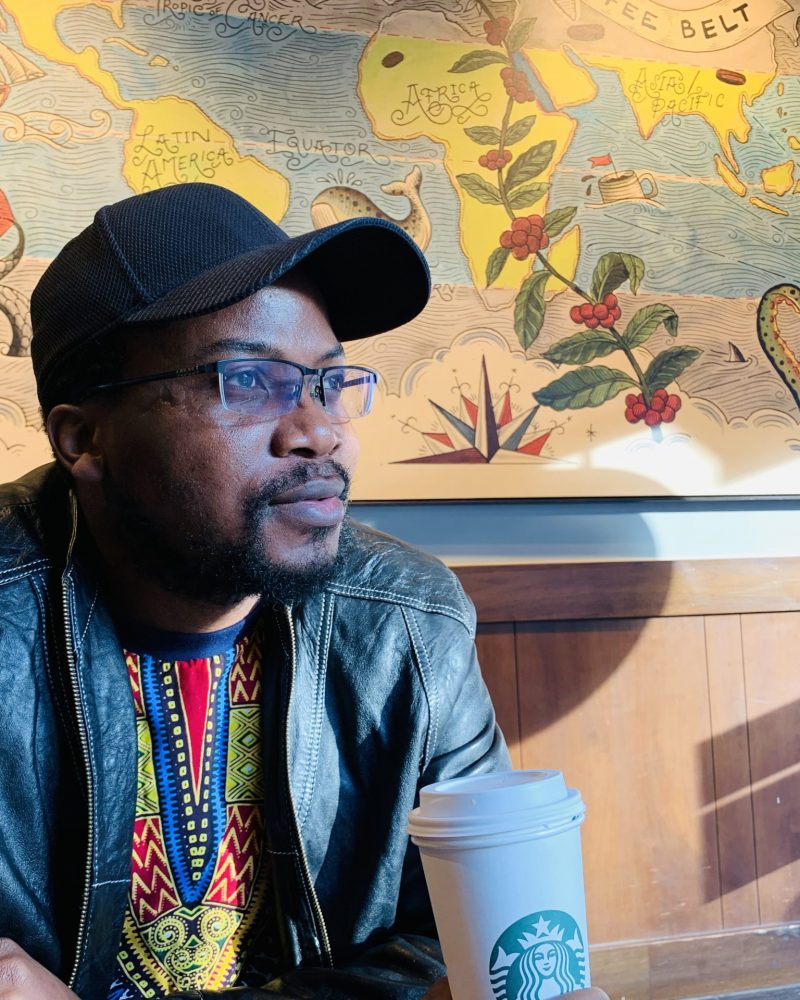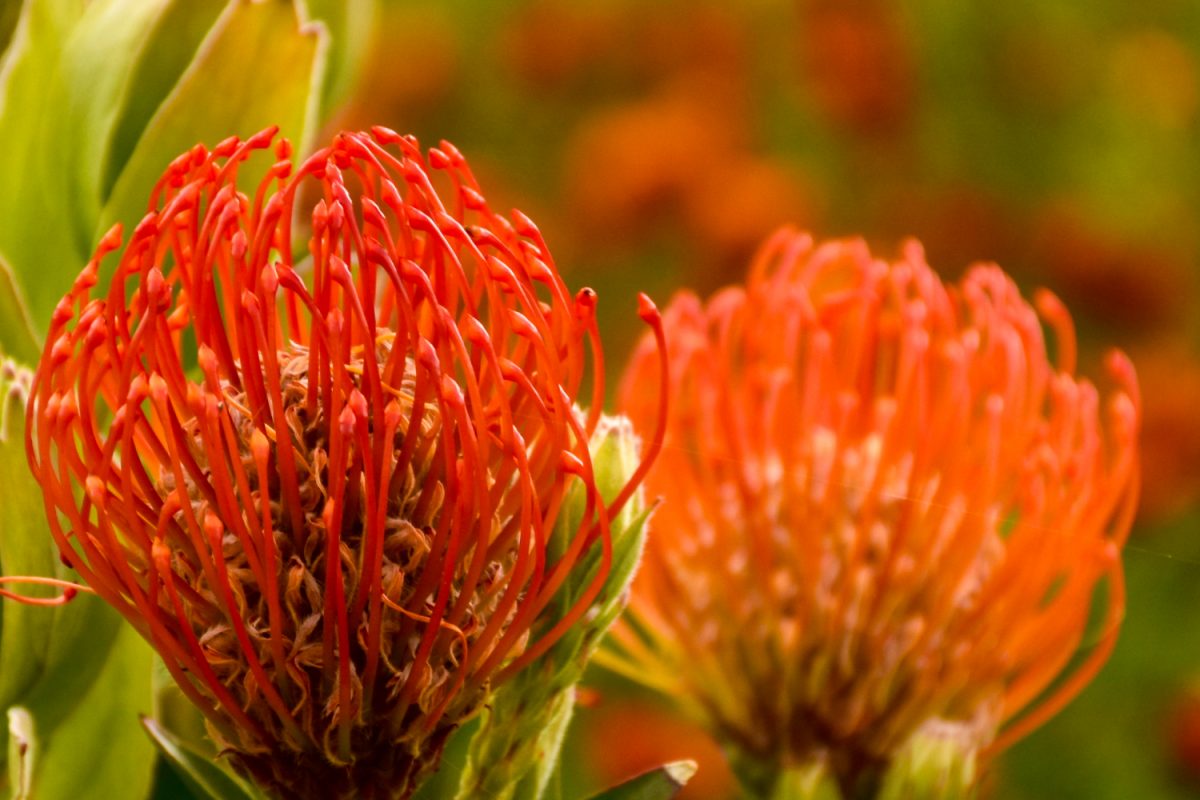We sat down for five minutes with Jenny Baca who serves as a Senior Specialist with our Latin America and Caribbean Portfolio. Here she tells us more about her work, her childhood dreams of the stars, and the joys of getting stronger through weight lifting.
How would you describe your role at EI?
I do multiple things at EI. I focus on USAID’s conservation programming in the Latin America and Caribbean region, supporting learning and evidence efforts, and more recently providing technical assistance through workshop facilitation. When I first started at EI, I focused on supporting Cross-Mission learning on combating conservation crime. I worked with Missions to identify shared knowledge gaps that if addressed would make combating conservation crime programs more effective. Now I produce learning and evidence products for both the Environment Support Services Contract (ESSC) and Measuring Impact II (MI2). This can encompass anything from writing case studies, to conducting research through semi-structured interviews or literature reviews, to consolidating key learnings from program documents into usable formats.
I love qualitative research and talking to people, so one of my favorite parts of work is reaching out to Mission staff to capture lessons learned and to understand key challenges affecting their programs. I’m trained as a political ecologist so I look at how humans’ interactions with their environments are imbued with power relations, which has implications for social identities, social inequalities, environmental change, knowledge about the environment, and whose knowledge counts as valid. I love when I get to bring this lens into my work. It’s helped some of my thinking on conservation crimes and more recently folks have been drawing me in to advise on gender integration in environmental programming, which sits at the intersection of power, people, and place.
What was your dream job growing up?
I had a lot of weird dream jobs. For a while I wanted to be an astronomer. For all our family vacations we went camping and road tripping across the southwestern United States and my parents used to point out the different constellations. One of my earliest memories is getting woken up to see Haley’s Comet on a camping trip in Big Bend. I got pretty obsessed, I had glow in the dark stars all over the ceiling in my bedroom and in high school I asked for a telescope instead of a class ring.
Oh and I wanted to be Indiana Jones.
What is your favorite part about working for EI?
EI has done an amazing job at hiring good people – my favorite part of working here is that I really like my coworkers. I get to interact with people on different teams and it’s amazing to be at a workplace with thoughtful, kind, respectful people who are similarly motivated to address environmental and social inequality issues.
What trends do you see emerging in the environmental sector?
The phrase “decolonizing conservation” has become commonplace. It’s now, wonderfully, really impossible to think of conservation as a purely scientific, technical endeavor that just gets muddied by politics. Conservation is political through and through. It was birthed through colonialism, dispossession, and genocide. Today, it’s almost impossible to do work in our sector without recognizing this problematic colonial history. That’s a key shift and one that I’m excited about working for. Part of that work is recognizing how that history is very much imbued in the conservation sector’s language, knowledge systems, policies, and places and really rooting it out of bureaucratic processes where maybe it’s less evident, but for that reason, is very powerful.
What is your biggest achievement to date?
Many of my achievements stem from my decision to spend a summer in Costa Rica studying Spanish. I randomly chose the Institute for Central American Development Studies and that decision, which felt insignificant at the time, was a big turning point in my life. They taught us Spanish by teaching Central American history from the perspective of Central Americans. We learned so much, from the neocolonial history of banana production/banana republics to US interventions in Nicaragua and Panama. They took us to banana plantations to see the legacy of this history in current working conditions. I saw workers head out to load banana bunches as agrochemicals rained down on them from a plane. That set me on the path of wanting to understand the intersection between global economics, social injustice, and environmental contamination.
That experience led me to move to Chile after finishing undergrad to get better at Spanish. While I was there, forestry conflicts were in the news. Mapuche communities were fighting land dispossession from the spread of plantations, forestry workers were protesting horrific working conditions, and an environmental justice movement was getting started around the environmental impacts of the chemicals used in pulp production. At the same time, forestry was one of Chile’s most lucrative export industries. I saw that same knot of economics, social injustice, and environmental contamination, which pushed me to get a PhD. Not really a single achievement, but a series of small decisions that were sort of a crazy glimmer into my future and the work I do now.
What are your favorite things to do outside of work?
I like to dance! I used to swing dance but now I really want to get better at salsa. I also love weightlifting. It’s extremely satisfying to see yourself get stronger through incremental progress. And it’s amazing to feel strong. I first started lifting weights when I was writing my dissertation. I had a friend who was helping another friend train and they invited me to be part of their crew. It was a great activity to do at that time. I was writing all day every day and often felt like I wasn’t getting anywhere. So, it was amazing to work out and say, this week I can squat 20lbs more than a few weeks ago.
What is one food you can’t live without?
Chips and salsa! I love it so much, I have it for dinner at least twice a week. I’m probably fully made up of chips and salsa and peanut butter (though I don’t eat them together). Also, my family makes New Mexican enchiladas with a sauce made out of pureed chile peppers that I love.
What are your favorite things to do in DC?
This isn’t DC specific, but I like to go on long walks with my friends and talk for hours. During the pandemic I liked walking through Kalorama. I’d never gone walking there before and it’s filled with all these crazy beautiful homes and embassies. It was fun to imagine what other people’s lives were like during that time in particular.
Any final words of wisdom?
I’m paraphrasing, but I love the Kurt Vonnegut quote that is something like – welcome to Earth babies, there’s only one rule I know of, God d*mn it, you gotta be kind.
Thanks for chatting with us, Jenny! Stay tuned for more team spotlights coming soon.



